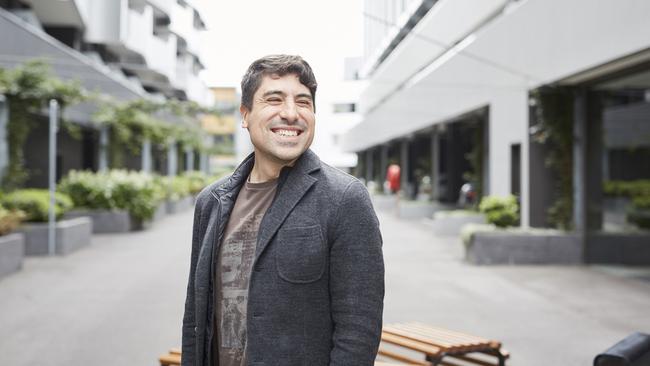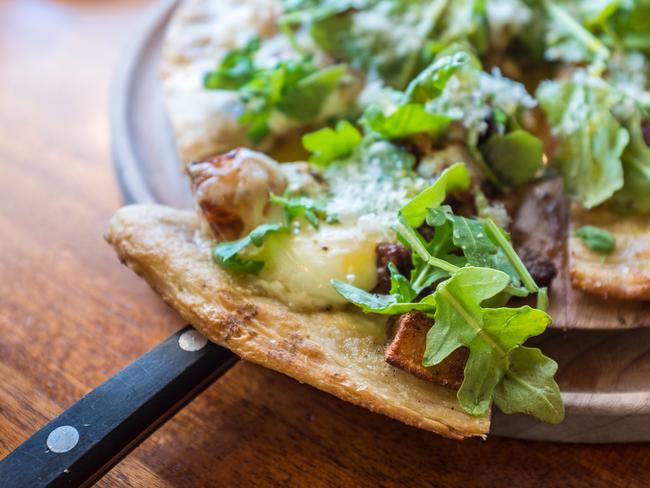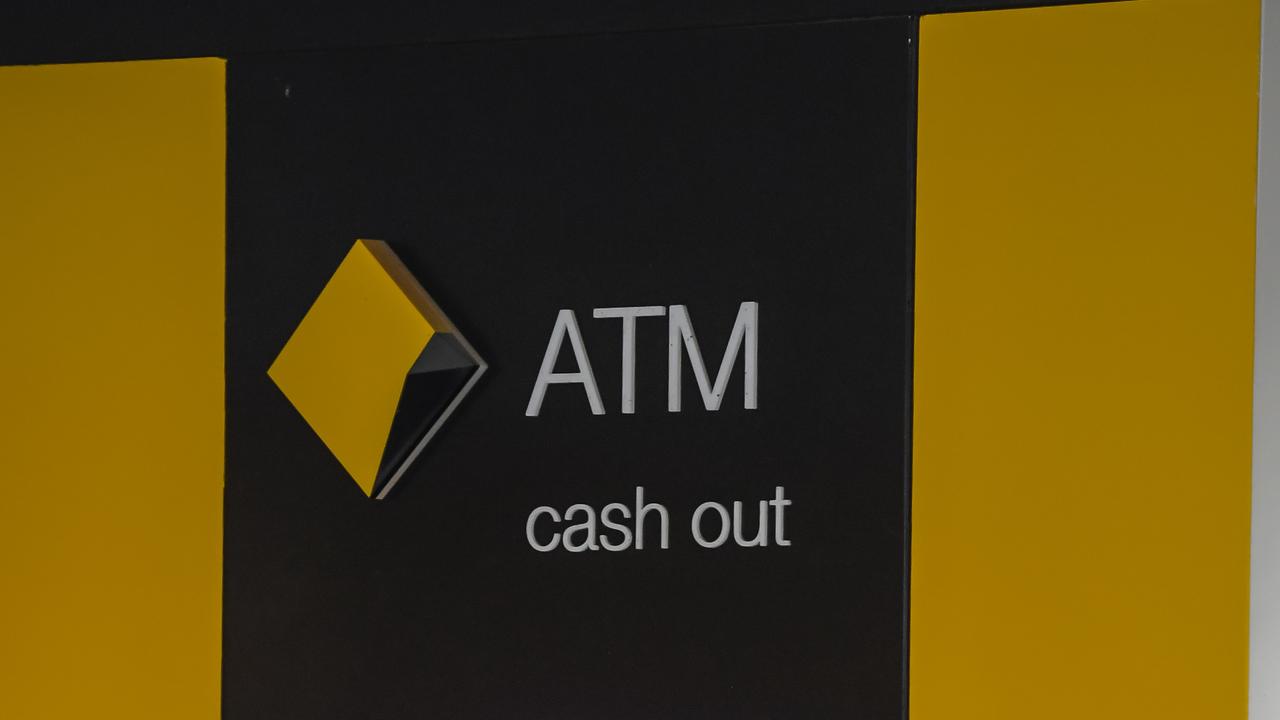From management consultant to hipster blogger
A FORMER accountant turned management consultant who now runs a popular foodie blog is turning his passion into a new side career.

A FORMER accountant turned management consultant who now runs a popular foodie blog is turning his passion into a new side career.
But Paul Kristoff, founder of The City Lane, has a word of warning for anyone who thinks they can just drop everything and start a blog: you can’t make money from websites any more.
So how much can you make?
“Not enough to quit my job,” said Mr Kristoff, who now boasts 30,000 monthly readers, more than 100,000 Instagram followers and 11,000 Facebook fans.
“The days of making money from a personal blog or website are long gone. We have the occasional piece of sponsored content, or someone may want to pay for an Instagram post, but that’s quite small at the moment simply because I knock back more than I accept.
“We have banner ads, but it’s not so much the website that makes money, it’s the opportunities that come from having the website. It’s opened up opportunities for me to do freelance writing with more traditional media, my wife has run pop-up events that made a bit of money, and that feeds back into traffic which opens up more opportunities.”
City Lane is an “online magazine focused on food, travel and culture”. “My aim isn’t to write about everything, it’s to write about the stuff the team and I think is interesting,” Mr Kristoff said.
Mr Kristoff, who worked as an accountant before entering management consulting, first started the blog in 2009 while he was travelling. “It was really just a personal travel blog, somewhere to dump photos to let family and friends know what I’m up to,” he said.
“It was just that for a long time. Over time I started writing more and telling stories rather than just sharing photos, and in late 2012 I wrote a few New York pieces that got a bit of attention from people that weren’t people I knew.
“That sparked the idea that it could possibly be something bigger.”
Those articles, which focused on hidden places to eat in the Big Apple, even drew praise from locals. “Some of the people commenting were from New York,” he said. “They were saying, ‘Wow, as a tourist you’ve done a great job getting to all the places that are worth going.’ That was very much a good example of what City Lane does.”


After relaunching the site in 2013 with a wider focus on social media, from there it “grew massively”, and in 2015 Mr Kristoff began selling advertising and brought on his first outside contributors.
In May last year, with the blessing of his employers, Mr Kristoff shifted to part-time work four days a week to devote more time to City Lane, which he ultimately hopes will become his fulltime job.
“It’s a bit of a chicken and egg thing,” he said. “It’s all about spending time on it. In an ideal world I’d be working full time on City Lane, but in an ideal world I wouldn’t have bills and a mortgage.
“It’s really about getting a lot of content up there on the website, and at the same time making sure it’s quality content, to increase traffic, getting our name out there and finding opportunities. Like any small business we’re realising a marketing budget is very important.”
In his management consulting work, Mr Kristoff assists both small and large businesses. “Theyl'l generally have a problem or opportunity that they don’t quite know how to wrap their heads around,” he said.
“It’s up to me to work out what’s going on and where the opportunities are.”
He said if he could start again, the biggest change he would have made would to “start from day one thinking of it as a business”.
“For several years my mind never even went towards the money side of things, it was completely just a side project,” he said.
It comes as a report from the National Broadband Network found one in four Australians use the internet to earn extra income by offering a product or service online.
According to the study, based on a survey of 1200 Australians, the most popular side businesses included reviewing services or products (22 per cent), food and drink related (20 per cent) and photography (20 per cent).
Females skewed towards (17 per cent versus 5 per cent of males) or beauty (15 per cent versus 2 per cent of males), while males preferred tech-related ventures (24 per cent versus 7 per cent females).




